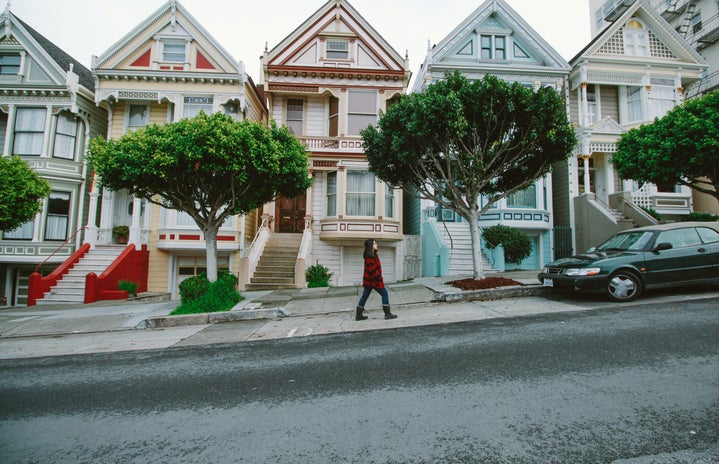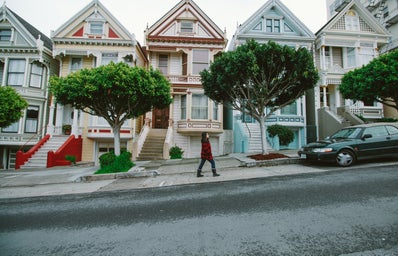It was in my first year of university that I had my first experience with Joan Didion, and it was as I imagined it would be – eye-opening. It was a time of great reflection and evolution, much of it encouraged by this book. I read the literary icon’s famed collection of essays Slouching Towards Bethlehem for the first time earlier this year and truly, it was a meditation on culture, counterculture, and chaos as framed by her legion of admirers – a group I now consider myself a part of.
Didion’s worldview is fascinating: she is candid and elegant in her writing, pulling off an artful bluntness that is never abrasive. Her opinions are evident but accompanied by the encouragement in finding one’s way to the truth, or rather, my (the reader’s) truth.
The collection includes a myriad of essays split in three sections: anecdotal essays discussing her encounters with culture and counterculture mostly set in California, personal pieces on her philosophies in life, and thoughts on the link between people and places established through her own experiences.
The former includes “a story of love and death in the golden land” set in the San Bernardino Valley, a glimpse at a Las Vegas wedding, and the essay titled Slouching Towards Bethlehem (also the title of the collection), recounting Didion’s first-hand experiences with the counterculture that emerged in San Francisco, featuring young runaways embroiled in drugs and chasing independence of sorts in a large part. The latter section includes Didion’s essays on her idea of self-respect, and the value of keeping a notebook and her particular method of writing in said notebook, among others. The final section traces her experiences growing up in California, living in New York, visiting Hawaii, Alcatraz, and Guaymas – a wonderful account of how we connect to different places and how they help form our identities. This is a particularly personal idea for me as a student in a foreign country, whose identity is just as rooted in this new city and country as it is linked to home.
My favorite thing about the style of writing was the absence of pretending to employ objectivity. She states in the preface, “But since I am neither a camera eye nor much given to writing pieces which do not interest me, whatever I do write reflects, sometimes gratuitously, how I feel.” Joan will make you feel like a lot of her personal reflections are your own, and voice one’s inner monologue in the most eloquent way.
If you want to delve into a world beyond yours, ask yourself questions about your identity, and engage with beautiful writing, this is the book for you. Joan Didion is an institution and her work is in fact essential reading.


